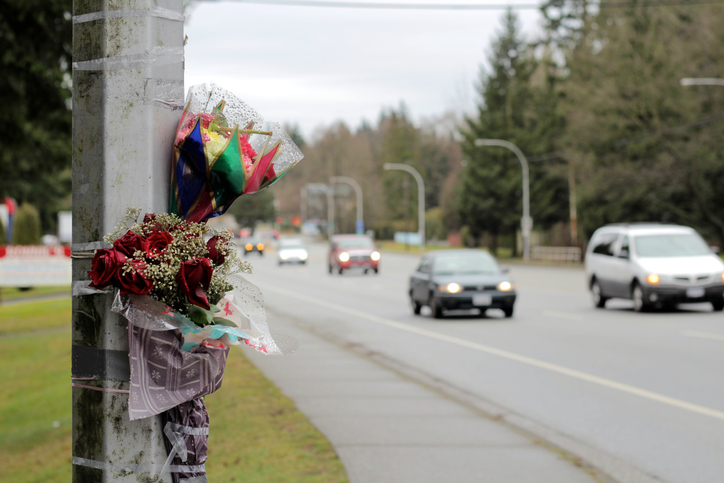Murder and manslaughter
When a friend or family member dies it can be a really upsetting and painful experience for anyone. But when you lose someone because of the violent actions of someone else – through murder or manslaughter – it can be really distressing.
This content has been written for children and young people. If you’re looking for information for over 18s, visit our Types of Crime information about murder and manslaughter.
There are a whole range of emotions that you might be feeling, but there’s no right or wrong way to react – whatever you feel is personal to you.
The important thing to remember is that most children and young people find it can really help to talk to someone, and that although it may not feel like it at the moment, things will get better.

